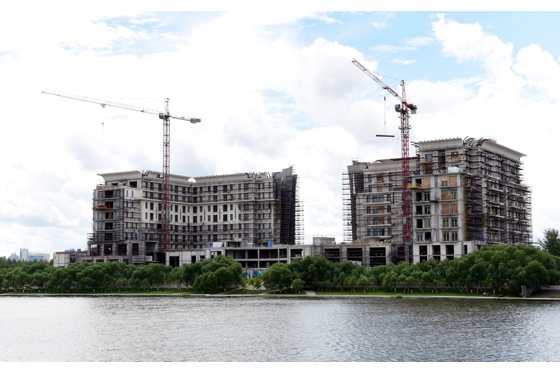
As part of HOTELS 50th anniversary issue coming out in September, a series of Q&As allowed industry leaders to talk about the future of multiple aspects of the hotel business, ranging from F&B and management to disruption and design.
The editors also asked leaders in the investment community to prognosticate as well as offer insights into the state of hotel development. Here are highlights from their comments.
HOTELS: What would you like to see hotel investors stop doing?
Leland Pillsbury, co-founder, Thayer Lodging Group, Annapolis, Maryland: Using point-based financial analyses that project IRRs to two decimal points but ignore the possible range of outcomes and probabilities thereof. The Excel spreadsheet has been the “be all and end all” of investment management. With richer technology now at our disposal, investors must get much deeper into operating strategy, alternative business models and other tools for profitable decision-making.
Gordon Sondland, chairman and CEO, Provenance Hotels, Portland, Oregon: Developing hotels that are so dependent on public subsidies they have no reason to exist in the marketplace but for those subsidies. It is irresponsible to build when, using any form of standard debt and equity, no credible case could be made for the project to exist absent “free money.” Those investments provide unnatural competition to their peers that have real equity at stake and are the first to create rate destruction in the marketplace when times are tough.
William Heinecke, Minor Hotels, Bangkok: Cheap capital is chasing few deals and investors are overpaying for assets with low yields. I’d like to see less focus on the short-term investment philosophy that uses hotel assets as tools to take a macro bet and instead more emphasis on stable yield against investors’ cost of funds.
H: What is the industry ignoring at its peril?
Andreas Löcher, head of division investment management hotel, Union Investment, Hamburg, Germany: Forgetting past crises and the lessons learned. In other words: Underwriting challenging deals recklessly.
Sondland: Owners are focusing on technology and “shock and awe” design and amenities. There will be a backlash. Guests want an exquisite night’s sleep, personal service and adequate technology, but it’s foolish to sacrifice human connection for the latest technology or trend.
H: What’s the most misguided trend or misconception you’re seeing in hotel investment? Why and what needs to change?
Chris Nassetta, CEO, Hilton Worldwide, McLean, Virginia: We believe in a brand strategy that transcends age and focuses on delivering what our guests truly want and need. For example, the same things millennials crave – great brands at affordable prices, innovative technology, increased personalization – appeal to travelers of all ages.
Pillsbury: That interest rates will rise. Investors have been saying for three years that interest rates would rise, completely ignoring the fact that money is fungible and returns are relative. With globally over US$11 trillion of debt now at interest rates below zero and 15 central banks pushing lower rates to fuel the global economy, it is not possible that U.S. rates will rise in the foreseeable future.
H: What is one investment trend you are watching, and why?
Pillsbury: Companies returning cash to their shareholders either through stock buybacks or dividends. Since 2010, companies that have returned cash to shareholders produced total returns 1200% above those companies that reinvested in their business. This explains, in part, the low growth rate in the U.S. economy, and is very unhealthy for the long term.
Bob East, CEO, Mantra Group, Sydney: There is a growing movement toward capsule hotels and lightweight modular construction. Even though this building technology has been available for more than a decade, it is only now emerging as a viable option with improved quality and low-cost, fast construction, making these hotel developments a more attractive option in markets.
Sondland: I’ve got my eye on the pervasive use of mezzanine debt and preferred equity ahead of a very small amount of pure risk capital. During a downturn, it’s possible many important properties could wind up in the hands of lenders without even the need for the lender to foreclose – today the borrower owns the property and tomorrow the lender owns it.

